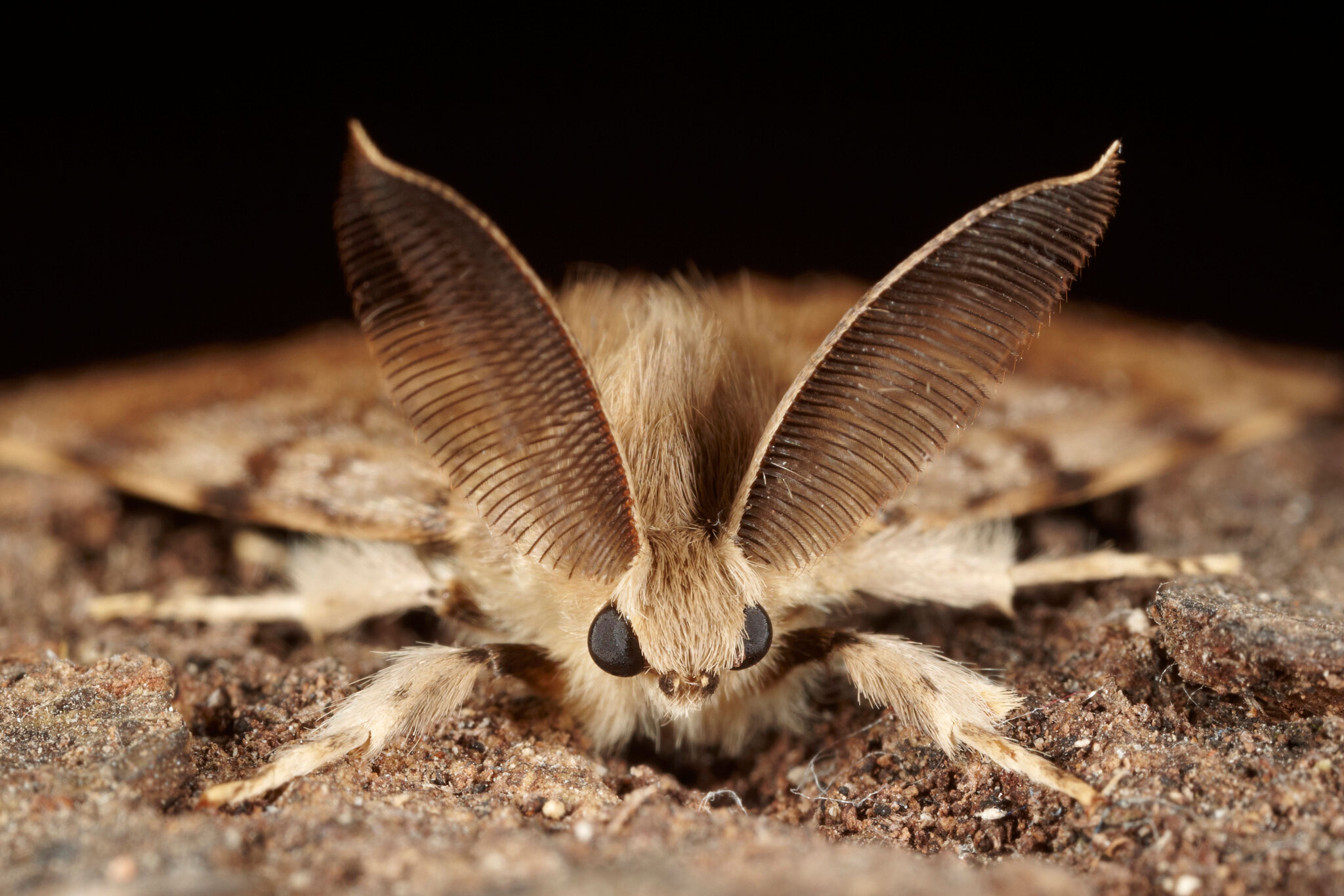
The new common name for Lymantria dispar, now known as spongy moth, has been welcomed by scientists. However, they are still working to stop the spread of the invasive bug.
Leaf-eating moths may cause substantial damage or even death to a wide range of plants and shrubs.
There is a yearly aerial spraying campaign by the state’s Department of Agriculture, Trade, and Consumer Protection against the moth.
There are 57 locations in 17 counties where the government plans to provide therapy this spring. The caterpillars of the moth will be killed by a naturally occurring soil bacterium that will be dropped from planes starting in May.
Forest Pest Survey and Control Supervisor Christopher Foelker explains that a second trip in the summer focuses on adult moths.
Pheromone of this insect (the chemical cue used to discover the female) is released by “the little waxy droplet,” which limits male’s capacity to find female and mating.
According to Foelker, neither spraying round is damaging to anything other than moths.
This has nothing to do with people’s and pets’ well-being, he claimed.
What about the aircraft?
As Foelker put it, “They’re loud, so you’ll notice them.”
The word “gypsy moth” was eliminated by the Entomological Society of America in 2021 because it contains a phrase that is insulting to Romani or Roma people.
Removes unpleasant terminology and matches the English name with those in other languages, which relate to egg masses left by the moths on trees.


